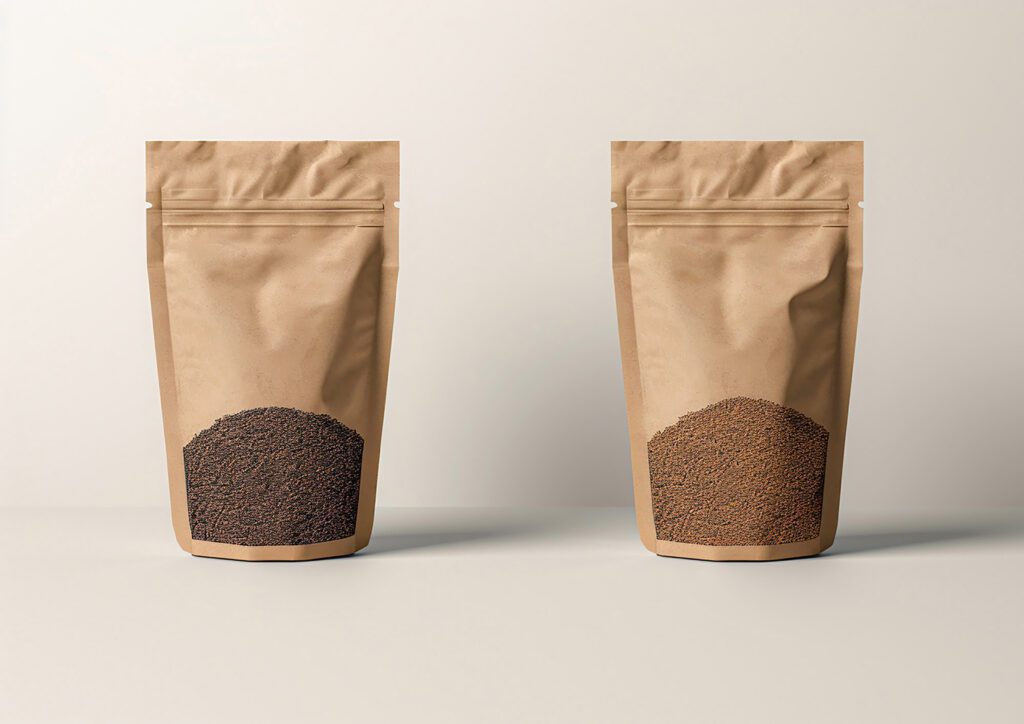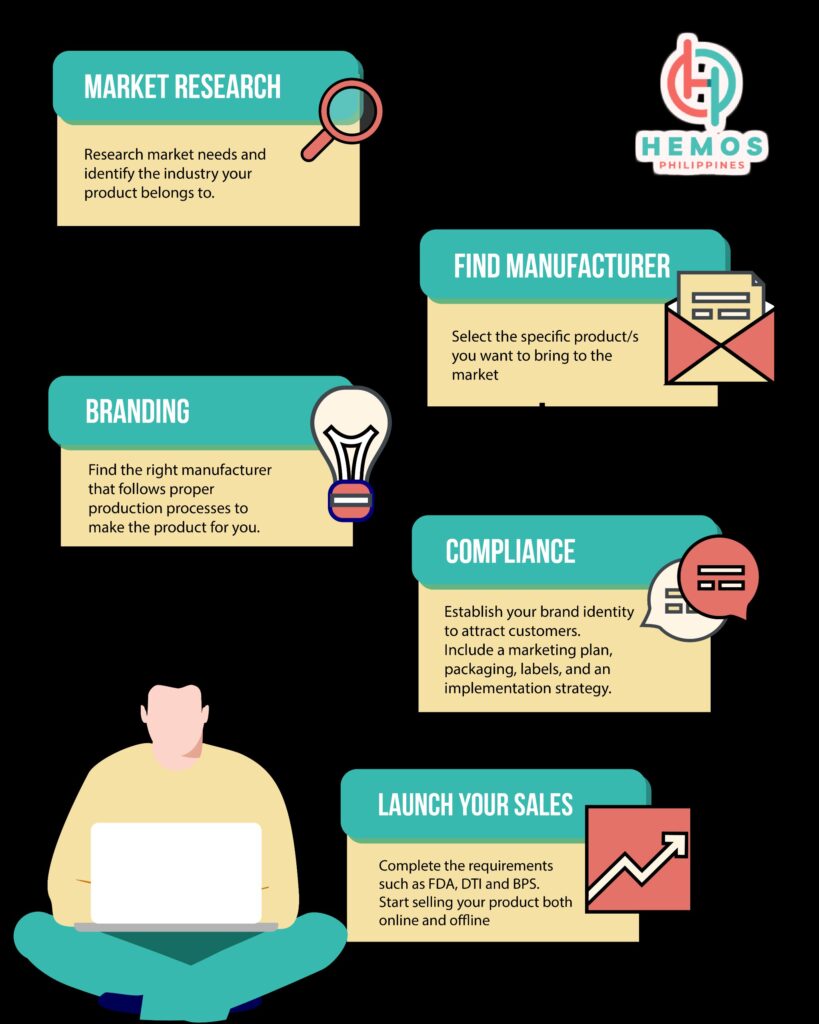White label manufacturing is a business model where one company produces goods that other businesses can brand and sell as their own. This allows companies to enter markets quickly without investing in product development and manufacturing.
What is White Label Manufacturing?
White label manufacturing is when a manufacturer creates a generic product that multiple businesses can brand and sell as their own. These products are not customized beyond branding and packaging.

Key Features of White Label Manufacturing:
- Standardized Products: The same product can be sold under different brand names.
- Speed to Market: No need for research and development.
- Cost-Effective: Lower investment than developing a product from scratch.
- Mass Production: Manufacturers produce in bulk, reducing costs.
White Label vs. Private Label
Many confuse white label with private label, but they have distinct differences.
| Feature | White Label | Private Label |
|---|---|---|
| Customization | Limited to branding and packaging | Custom formulations, design, and features |
| Uniqueness | Same product under different brands | Exclusive to one retailer or company |
| Cost | Lower due to standardized production | Higher due to customization |
| Development Time | Quick | Longer due to product modifications |
Example Products:
- White Label: Generic phone chargers sold under different brand names.
- Private Label: A unique blend of organic tea sold only by a specific retailer.
Access and Local Regulatory Procedures
When selling white label or private label products, businesses must comply with regulatory requirements.

Key Regulatory Factors to Consider:
| Regulation Type | Requirement |
| Product Safety | Must meet national safety standards (e.g., FDA Philippines, DTI, ISO) |
| Labeling Laws | Must follow local labeling requirements |
| Certifications | Some products require certifications (e.g., organic, cruelty-free) |
| Import/Export Laws | Compliance with international shipping and tariffs |
Regulatory Example by Product Type:
| Product Category | Regulatory Body (Example) |
| Food & Beverages | FDA Philippines |
| Electronics | Bureau of Philippine Standards (BPS) under DTI |
| Cosmetics | FDA Philippines |
| Supplements | FDA Philippines |
Challenges and Solutions:
- Challenge: Some countries have strict labeling requirements.
- Solution: Work with local compliance experts.
- Challenge: Different certification requirements across regions.
- Solution: Choose products with globally recognized certifications.
Steps in White Label Manufacturing
- Choose a Product – Research market demand and select a product.
- Find a Manufacturer – Partner with a white label manufacturer.
- Brand & Package – Design your brand logo, packaging, and marketing materials.
- Regulatory Compliance – Ensure product meets local regulations.
- Launch & Sell – Distribute the product to retailers or through online platforms.
White Label Process:

Products Commonly White Labeled
White labeling is popular across various industries. Some examples include:
| Industry | White Label Products |
| Beauty & Skincare | Face creams, serums, shampoo |
| Electronics | Phone accessories, Bluetooth speakers |
| Health & Wellness | Dietary supplements, protein powders |
| Food & Beverage | Bottled water, coffee, sauces |
| Fashion | Sunglasses, watches, handbags |
Additional Resources
For more in-depth information on white label manufacturing in the Philippines, visit:
- Food and Drug Administration Philippines (FDA): www.fda.gov.ph
- Department of Trade and Industry (DTI): www.dti.gov.ph
- Bureau of Philippine Standards (BPS): www.bps.dti.gov.ph
- Philippine Exporters Confederation, Inc. (PHILEXPORT): www.philexport.ph
White label manufacturing is a great way for businesses to enter the market quickly and cost-effectively. However, understanding the differences between white label and private label, along with compliance with regulatory requirements, is crucial for success. By choosing the right manufacturer and following local guidelines, businesses can effectively build a brand without heavy investment in production.
Check out more business tips here!





